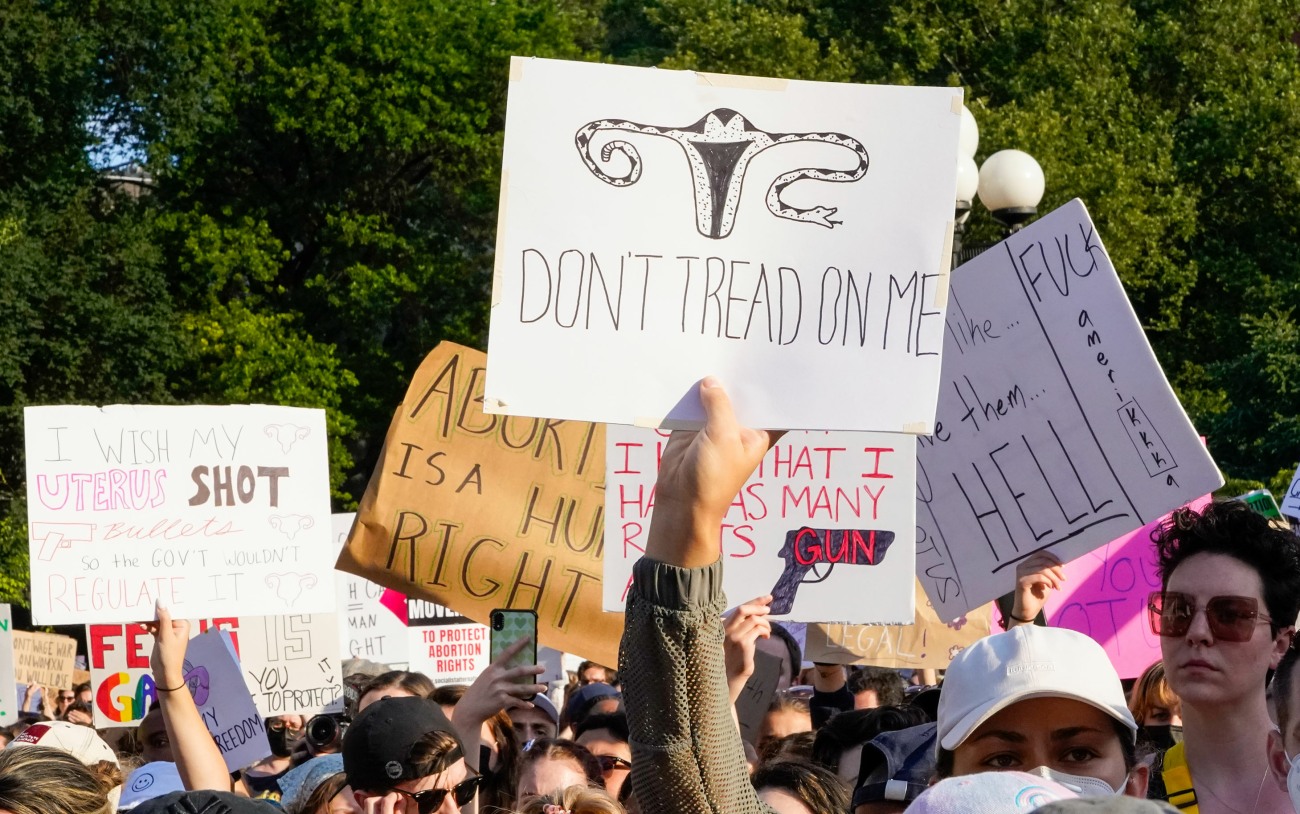Samuel Alito wrote the Supreme Court’s majority opinion in the Dobbs case, which overturned Roe v. Wade. Alito wrote, in part, “The Constitution does not confer a right to abortion; Roe and Casey are overruled; and the authority to regulate abortion is returned to the people and their elected representatives… The Constitution makes no reference to abortion, and no such right is implicitly protected by any constitutional provision.” So far, Alabama, Louisiana, Arkansas, Oklahoma, Missouri, Kentucky, Utah, South Dakota and Wisconsin immediately launched full-scale abortion bans. North Dakota, Wyoming, Mississippi, West Virginia, Idaho, Texas and Tennessee will pass abortion bans in a matter of days or weeks. For some states – like Virginia – it might be months before the Republican governors figure out a way to ban abortions.
All of which to say, abortions have changed since the pre-Roe days. More than half of all abortions within the US are through medication, not surgery. While abortion clinics in those states will close down, one question is: will Mifepristone be banned and how could states even try to ban the medication? Several states are already trying to ban Mifepristone and criminalize the sale across state lines. Attorney General Merrick Garland is ready to throw down on this:
On the heels of the Supreme Court decision that struck down the national right to abortion, Attorney General Merrick Garland issued a statement proclaiming that the Justice Department disagrees with the verdict. In addition to vowing to “work tirelessly to protect and advance reproductive freedom,” it indicated a potential avenue for the legal fight for abortion rights.
“[W]e stand ready to work with other arms of the federal government that seek to use their lawful authorities to protect and preserve access to reproductive care,” he said. “In particular, the FDA has approved the use of the medication Mifepristone. States may not ban Mifepristone based on disagreement with the FDA’s expert judgment about its safety and efficacy.”
Mifepristone has been approved by the U.S. Food and Drug Administration (FDA) for more than 20 years and is authorized for use during the first 10 weeks of pregnancy. It is taken in a regimen with the drug misoprostol and together the two drugs can safely induce an abortion. More than half of abortions in the U.S. are medication abortions.
Until recently, mifepristone had to be dispensed in person, but in December the FDA did away with the requirement, allowing the drug to be prescribed via telehealth and shipped by mail. While this change has expanded access to the drug, there has also been a push to reduce it. In September, for instance, Texas Governor Greg Abbott signed SB4, which banned abortion-inducing drugs after seven weeks and prohibited them from being mailed in the state. At least 19 states ban the use of telemedicine visits for medication abortion despite the FDA allowance, and many still require that a doctors prescribe the medication, even though the FDA does not.
[From Time]
My guess is that in the Supreme Court’s next term, there will be a case involving the interstate sale and shipment of Mifepristone. Abortion activists are genuinely concerned that the Republican Christofascists will begin opening women’s mail under the suspicion of “receiving abortion medication.” Garland is saying that the Court can’t burn down the FDA here, and the Biden administration is going to war with various states over it. Garland will also use the might of DOJ to protect women crossing state borders to seek abortions.

Photos courtesy of Instar.
Source: Read Full Article

